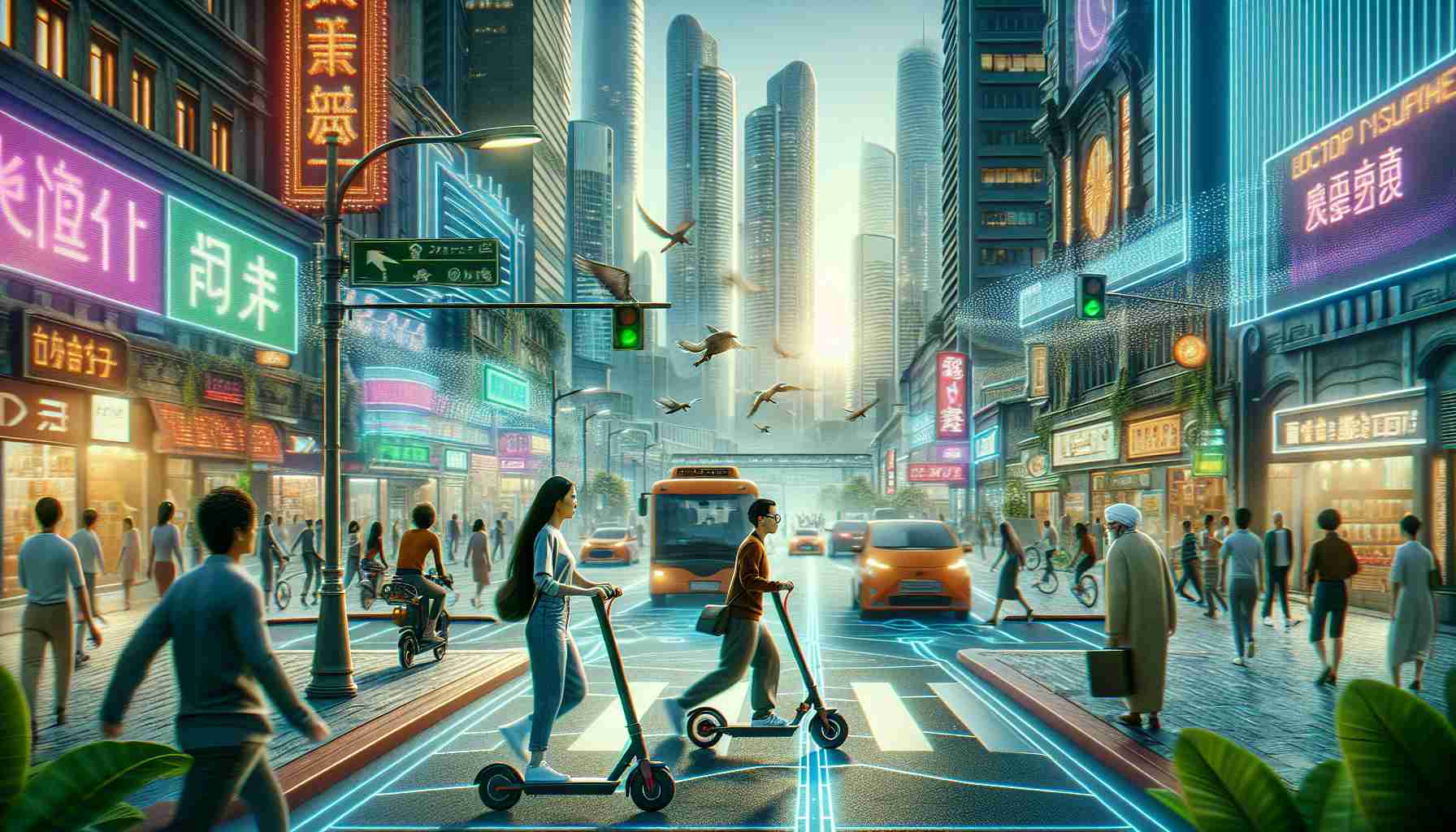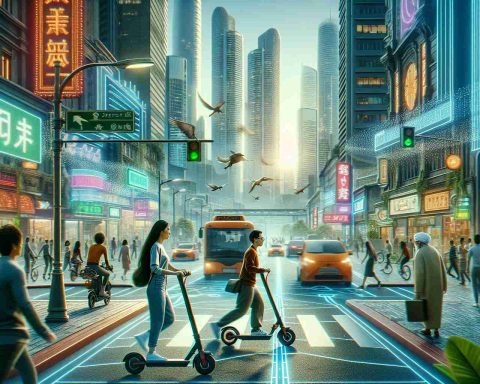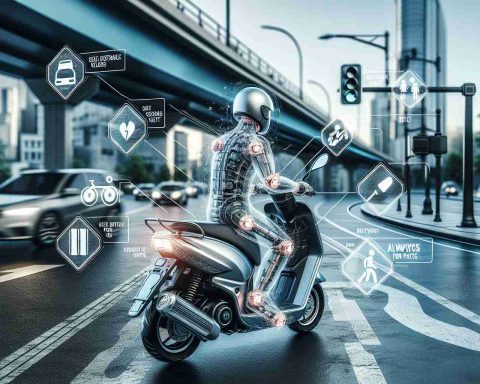Urban Electric Scooters Gain Popularity Among City Dwellers
Urban electric scooters have been sweeping through major cities across the globe, offering a convenient and eco-friendly mode of transportation. These sleek, battery-powered scooters have captured the hearts of commuters looking for a quick and effortless way to navigate bustling city streets. Unlike traditional bikes, electric scooters provide a boost in speed and efficiency, making them a preferred choice for many urban dwellers.
The Evolution of Urban Mobility
Originally designed for leisurely rides and quick errands, electric scooters have now become a staple in urban transportation. With their compact size and agile maneuverability, they are perfect for weaving through traffic and navigating narrow city lanes. The rise of electric scooters marks a shift towards sustainable and efficient urban mobility solutions, reducing reliance on cars and promoting a greener way of getting around.
The Appeal of Electric Scooters
What sets electric scooters apart is their modern design and user-friendly features. With a sleek and stylish appearance reminiscent of mini motorcycles, these scooters appeal to a wide range of consumers looking to ditch traditional modes of transportation. The convenience of not needing a parking spot, combined with the thrill of zipping through city streets, makes electric scooters a popular choice for urban commuters.
The Downside of Electric Scooters in Urban Settings
While electric scooters offer numerous benefits for city dwellers, their usage in densely populated urban areas can pose challenges. The compact design of electric scooters may limit their comfort for longer rides, and their smaller wheels may struggle on rough terrain. Additionally, the speed and agility of electric scooters can raise safety concerns, especially when sharing the road with pedestrians and other vehicles.
The Future of Urban Transportation
As urban populations continue to grow, the demand for efficient and sustainable transportation options is on the rise. Electric scooters present a compelling solution for urban commuters seeking a fast, convenient, and environmentally friendly way to travel. With ongoing developments in electric vehicle technology and infrastructure, urban electric scooters are poised to revolutionize the way people get around in cities.
New Innovations Shaping Urban Electric Scooters
The rapid rise of urban electric scooters has paved the way for innovative advancements in technology and design. One key development that sets apart newer models is the integration of smart features such as GPS tracking, Bluetooth connectivity, and mobile app integration. These additions not only enhance the rider experience but also offer added security and convenience in navigating city streets.
Key Questions:
1. What impact has the rise of electric scooters had on traditional public transportation systems?
– The introduction of electric scooters has introduced competition to conventional transportation methods, leading to a shift in commuter habits and potentially impacting the revenue of public transit systems.
2. How are cities adapting to the influx of electric scooters?
– Urban municipalities are working to establish regulations and infrastructure to accommodate the growing presence of electric scooters, addressing issues such as parking, safety, and equitable access.
Challenges and Controversies:
One of the primary challenges associated with the proliferation of urban electric scooters is the issue of proper regulation and enforcement. Concerns have been raised regarding rider behavior, sidewalk clutter, and conflicts with pedestrians. Additionally, the reliance on lithium-ion batteries for electric scooters raises environmental concerns related to battery disposal and recycling processes.
Advantages and Disadvantages:
Advantages:
– Electric scooters offer a cost-effective and environmentally friendly alternative to traditional forms of transportation.
– They reduce traffic congestion and carbon emissions in urban areas, contributing to a cleaner and more sustainable environment.
– The compact size of electric scooters makes them easy to park and maneuver through crowded city streets.
Disadvantages:
– Safety concerns arise due to potential accidents involving riders, pedestrians, and other vehicles.
– Infrastructure challenges, such as inadequate bike lanes and parking facilities, may hinder the widespread adoption of electric scooters in cities.
– Maintenance and repair costs for electric scooters can be relatively high, affecting the overall affordability for users.
Exploring the Future of Urban Mobility
Despite the challenges and controversies surrounding urban electric scooters, the ongoing advancements in technology and the increasing demand for sustainable transportation solutions point towards a promising future. With careful planning, effective policies, and a focus on innovation, electric scooters have the potential to revolutionize urban transportation and redefine the way people commute within cities.
Suggested related link: Department of Transportation












